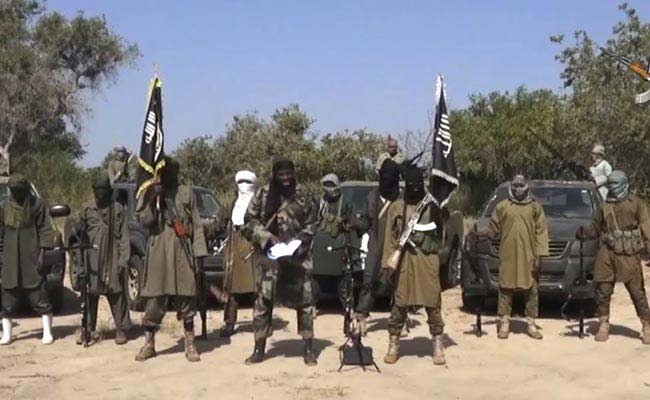
Boko Haram’s use of child bombers has increased over the last year with one in five suicide attacks now done by children, the UN’s child agency says.
BBC
Girls, who are often drugged, were behind three-quarters of such attacks committed by the militant Islamist group in Cameroon, Nigeria and Chad.
It is an 11-fold increase with four attacks in 2014 compared to 44 the next year, including January 2016.
The change in tactics reflects the loss of territory in Nigeria by the group.
The seven-year insurgency, which has mainly affected north-eastern Nigeria as well as its neighbours around Lake Chad, has left some 17,000 people dead.
Unicef says up to 1.3 million children have been forced from their homes across four countries: Cameroon, Chad, Nigeria and Niger.
- Chamisa under fire over US$120K donation
- Mavhunga puts DeMbare into Chibuku quarterfinals
- Pension funds bet on Cabora Bassa oilfields
- Councils defy govt fire tender directive
Keep Reading
The UN report has been released as Nigeria approaches the second anniversary of the kidnapping by Boko Haram of more than 200 girls from their boarding school in the Nigerian town of Chibok.
Their abduction sparked the global campaign Bring Back Our Girls, but none of the girls have yet been found.
The report says that boys are forced to attack their own families to demonstrate their loyalty to Boko Haram, while girls are exposed to severe abuse including sexual violence and forced marriage to fighters.
The girls who are used for bombings are often drugged and then explosives are strapped to their bodies.
According to the report, Cameroon has the highest number of child suicide attacks, involving children who are as young as eight.
Boko Haram, which means “Western education is forbidden”, has often targeted schools during its insurgency.
Unicef says more than 1,800 schools have been closed, damaged, looted, set on fire or used to shelter those left homeless in north-eastern Nigeria and Cameroon.
Over the last 15 months, most of the areas controlled by the militants have been retaken by a multi-national force and the militants are now thought to operate from hideouts in Nigeria’s Sambisa forest.












